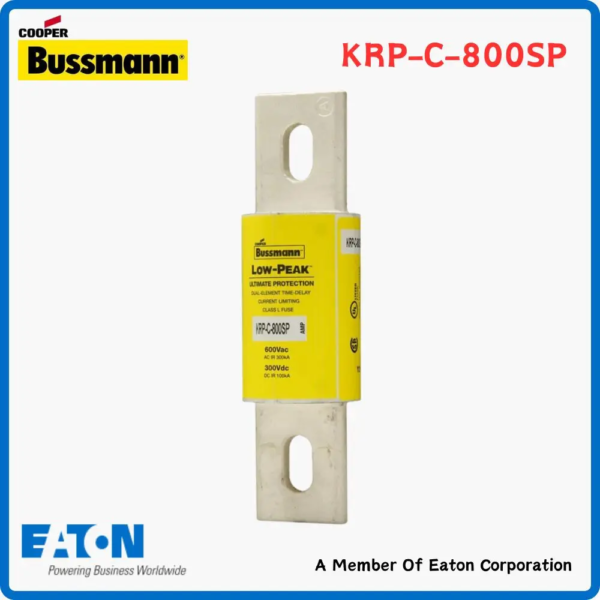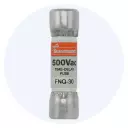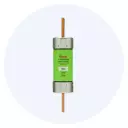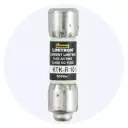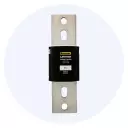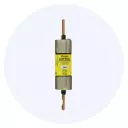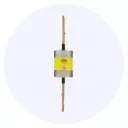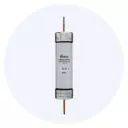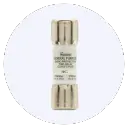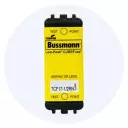Bussmann FNQ Fuses
Eaton Bussmann FNQ-1/8 Low Voltage Fuse
Rated 5.00 out of 5In stock
$16.74EachSKU: FNQ-1/8Weight 0.175 lbs Dimensions 0.01138889 × 0.01138889 × 0.04166667 yd Brand Eaton Bussmann
Eaton-Bussmann, with its headquarters in St. Louis, Missouri, is a division of Eaton Corporation that specializes in the production of circuit protection products. These products are designed for use in the electrical, electronic, and automotive industries, both domestically and on a global scale. The company boasts a strong manufacturing network with facilities located in three domestic and six international locations, reflecting its commitment to serving customers worldwide. With a team of approximately 3,000 employees, Eaton-Bussmann is well-positioned to meet the ever-evolving needs of its customers in the electrical protection industry.
Eaton stands as a forward-thinking leader in power management, focused on enhancing lifestyles and safeguarding the planet. Leveraging the worldwide momentum of electrification and digital innovation, they propel the global shift towards renewable energy, addressing pressing power management issues on a global scale.Product type Low Voltage Fuse
Voltage 500 Volt
Eaton Bussmann FNQ-R-1/10 Low Voltage Fuse
Rated 5.00 out of 5In stock
$11.33EachSKU: FNQ-R-1/10Weight 0.175 lbs Dimensions 0.01138889 × 0.01138889 × 0.04166667 yd Brand Eaton Bussmann
Eaton-Bussmann, with its headquarters in St. Louis, Missouri, is a division of Eaton Corporation that specializes in the production of circuit protection products. These products are designed for use in the electrical, electronic, and automotive industries, both domestically and on a global scale. The company boasts a strong manufacturing network with facilities located in three domestic and six international locations, reflecting its commitment to serving customers worldwide. With a team of approximately 3,000 employees, Eaton-Bussmann is well-positioned to meet the ever-evolving needs of its customers in the electrical protection industry.
Eaton stands as a forward-thinking leader in power management, focused on enhancing lifestyles and safeguarding the planet. Leveraging the worldwide momentum of electrification and digital innovation, they propel the global shift towards renewable energy, addressing pressing power management issues on a global scale.Product type Low Voltage Fuse
Voltage 500 Volt
Bussmann WCF Fuses
Bussmann FCF Fuses
Eaton Bussmann Series UL Class CF, FCF 1RN Fuse
Rated 5.00 out of 5In stock
$79.99SKU: FCF1RNBrand Eaton Bussmann
Eaton-Bussmann, with its headquarters in St. Louis, Missouri, is a division of Eaton Corporation that specializes in the production of circuit protection products. These products are designed for use in the electrical, electronic, and automotive industries, both domestically and on a global scale. The company boasts a strong manufacturing network with facilities located in three domestic and six international locations, reflecting its commitment to serving customers worldwide. With a team of approximately 3,000 employees, Eaton-Bussmann is well-positioned to meet the ever-evolving needs of its customers in the electrical protection industry.
Eaton stands as a forward-thinking leader in power management, focused on enhancing lifestyles and safeguarding the planet. Leveraging the worldwide momentum of electrification and digital innovation, they propel the global shift towards renewable energy, addressing pressing power management issues on a global scale.Product type Fuse
Voltage 600 Volt
Bussmann FRS Fuses
Bussmann HEB-AA Fuse
Eaton Bussmann HEB-AA Inline Fuse Holder
Rated 5.00 out of 5In stock
$18.99SKU: 504-HEB-AA-2Brand Eaton Bussmann
Eaton-Bussmann, with its headquarters in St. Louis, Missouri, is a division of Eaton Corporation that specializes in the production of circuit protection products. These products are designed for use in the electrical, electronic, and automotive industries, both domestically and on a global scale. The company boasts a strong manufacturing network with facilities located in three domestic and six international locations, reflecting its commitment to serving customers worldwide. With a team of approximately 3,000 employees, Eaton-Bussmann is well-positioned to meet the ever-evolving needs of its customers in the electrical protection industry.
Eaton stands as a forward-thinking leader in power management, focused on enhancing lifestyles and safeguarding the planet. Leveraging the worldwide momentum of electrification and digital innovation, they propel the global shift towards renewable energy, addressing pressing power management issues on a global scale.Product type Fuse
Voltage 600 Volt
Bussmann JJN Fuses
Bussmann JJS Fuses
Bussmann JKS Fuses
Eaton Bussmann Fuse JKS-1 Low Voltage Fuse
Rated 5.00 out of 5In stock
$13.99SKU: JKS-1Brand Eaton Bussmann
Eaton-Bussmann, with its headquarters in St. Louis, Missouri, is a division of Eaton Corporation that specializes in the production of circuit protection products. These products are designed for use in the electrical, electronic, and automotive industries, both domestically and on a global scale. The company boasts a strong manufacturing network with facilities located in three domestic and six international locations, reflecting its commitment to serving customers worldwide. With a team of approximately 3,000 employees, Eaton-Bussmann is well-positioned to meet the ever-evolving needs of its customers in the electrical protection industry.
Eaton stands as a forward-thinking leader in power management, focused on enhancing lifestyles and safeguarding the planet. Leveraging the worldwide momentum of electrification and digital innovation, they propel the global shift towards renewable energy, addressing pressing power management issues on a global scale.Product type Low Voltage Fuse
Voltage 600 Volt
Bussmann KRP Fuses
Is Horn Bypass Required In Michigan
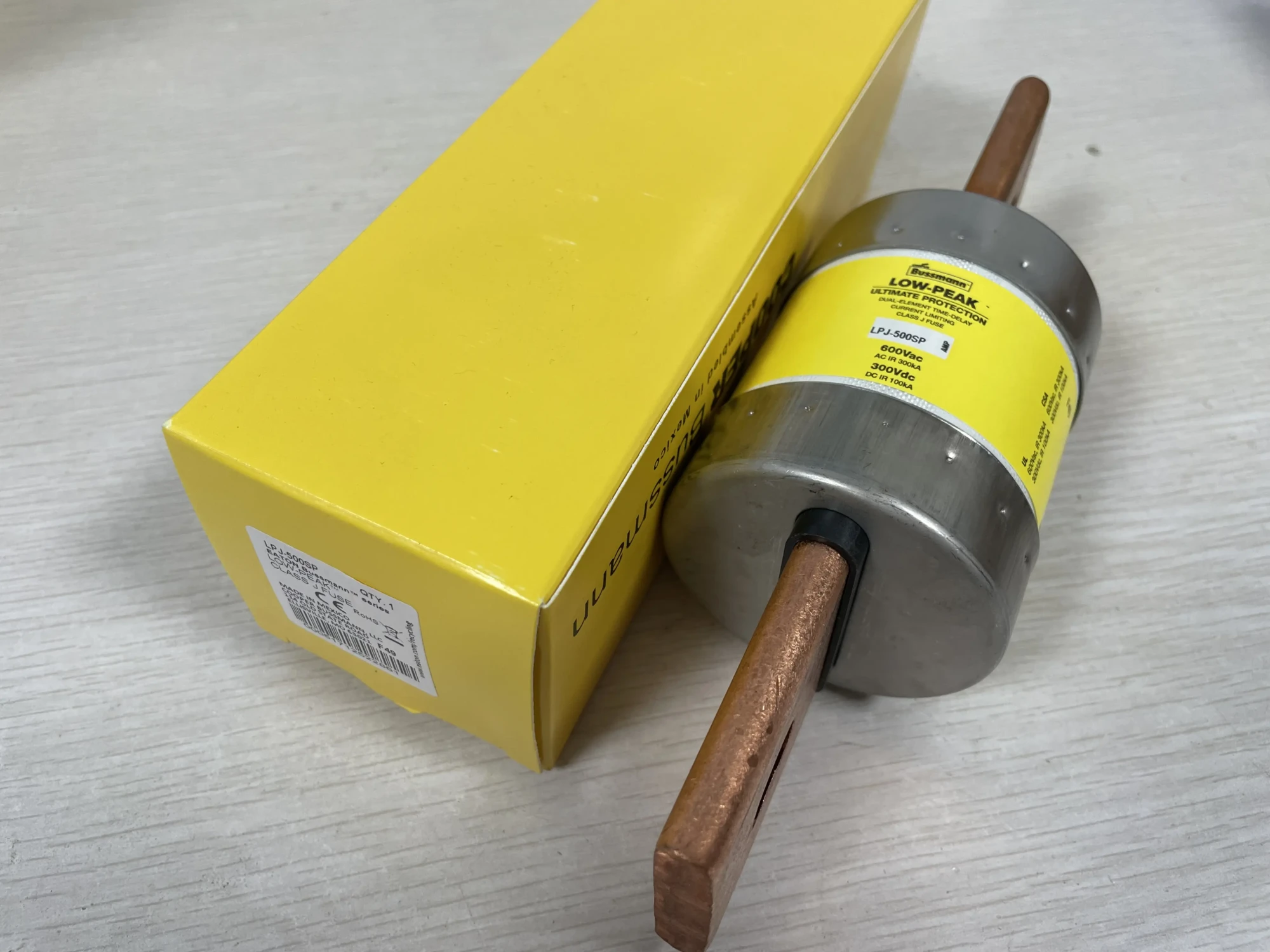
In the state of Michigan, automotive regulations and safety standards are of utmost importance to ensure the well-being of drivers and passengers. One aspect of vehicle safety that often comes into question is the requirement for a horn bypass in vehicles. To address this inquiry directly, let’s delve into the specifics of Michigan’s automotive regulations and the role of horn bypass systems within them.
Firstly, understanding what a horn bypass is essential. A horn bypass refers to a wiring or electrical modification that allows a vehicle’s horn to function without the need for a specific, usually original equipment manufacturer (OEM), component. This could be a relay, a fuse, or even a wiring harness component. The modification is often sought after by vehicle owners looking to customize their vehicles, repair faulty OEM components, or enhance overall vehicle performance and safety.
Michigan, like other states, adheres to federal automotive safety standards while also maintaining its own set of regulations. The Michigan Vehicle Code outlines the state’s specific requirements for vehicle safety and equipment. When it comes to horns, the code specifies that vehicles must be equipped with a horn that is capable of emitting a sound audible under normal conditions from a distance of not less than 200 feet. However, the specifics regarding the electrical or wiring aspects, such as whether a horn bypass is permissible or required, are not explicitly detailed in the code.
For individuals wondering if a horn bypass is required in Michigan, the answer lies in understanding the context of the vehicle’s use and the specific regulations that apply. If a vehicle is being used for standard, everyday driving and complies with all safety and equipment standards as outlined by the state, then the necessity for a horn bypass would typically be based on the vehicle’s condition or the owner’s preference rather than a legal requirement.
However, for vehicles that are customized, used for commercial purposes, or are involved in specific types of driving (such as off-road driving), the rules can be different. Customizations, including electrical modifications like a horn bypass, must still comply with safety standards and may require inspections or certifications to ensure they meet state and federal regulations.
In essence, while Michigan’s vehicle code does not explicitly state that a horn bypass is required, any modifications made to a vehicle, including those related to the horn system, must ensure the vehicle remains in compliance with all applicable safety standards. Vehicle owners considering modifications should consult with automotive professionals and review the relevant state and federal regulations to ensure compliance and safety.
Eaton Bussmann, a leading company in intelligent power management, offers a range of circuit protection solutions that can be relevant in discussions about automotive electrical systems, including horn bypass modifications. Their products, such as fuses, fuse holders, and overcurrent protection devices, are crucial for ensuring the safe and efficient operation of electrical systems in vehicles. As an authorized distributor of Eaton Bussmann products, companies can provide high-quality, genuine parts that meet stringent standards, helping to protect circuits from damage and ensuring compliance with safety regulations.
In conclusion, the requirement for a horn bypass in Michigan is more about compliance with overall vehicle safety standards rather than a specific legal mandate for the bypass itself. Vehicle owners and modifiers must ensure that any alterations, including horn bypass systems, are done safely and in accordance with state and federal regulations to avoid any legal or safety issues. By choosing high-quality, compliant components and staying informed about automotive regulations, individuals can customize their vehicles while maintaining the highest levels of safety and legality.
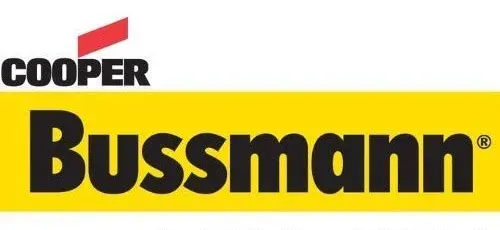
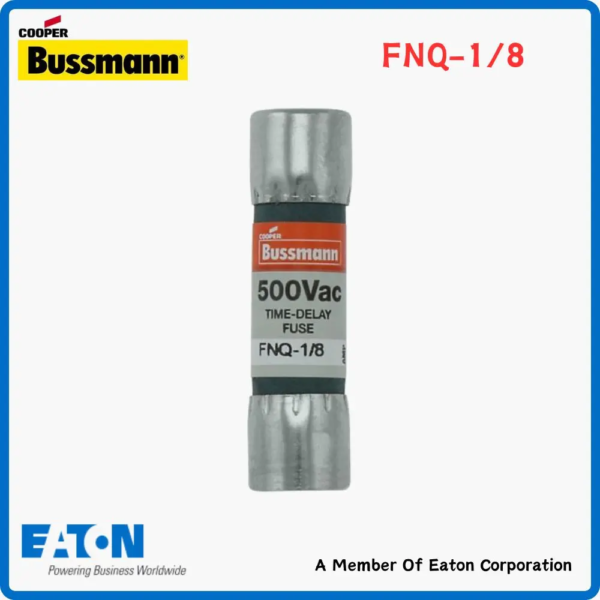
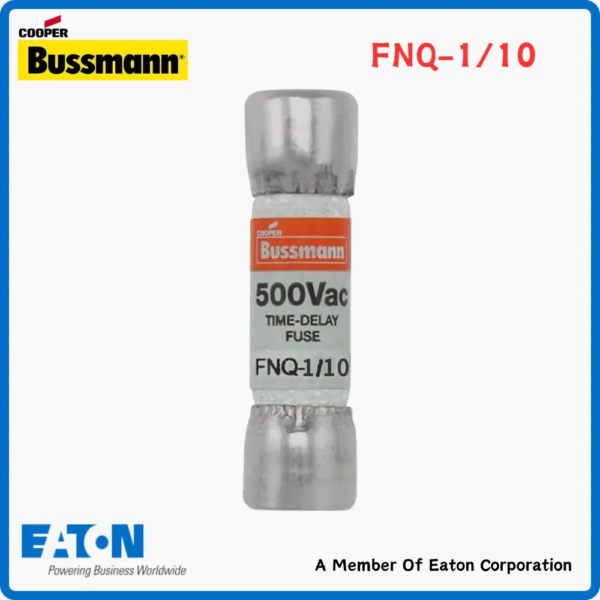

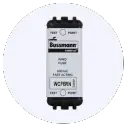 Bussmann WCF Fuses
Bussmann WCF Fuses Bussmann FCF Fuses
Bussmann FCF Fuses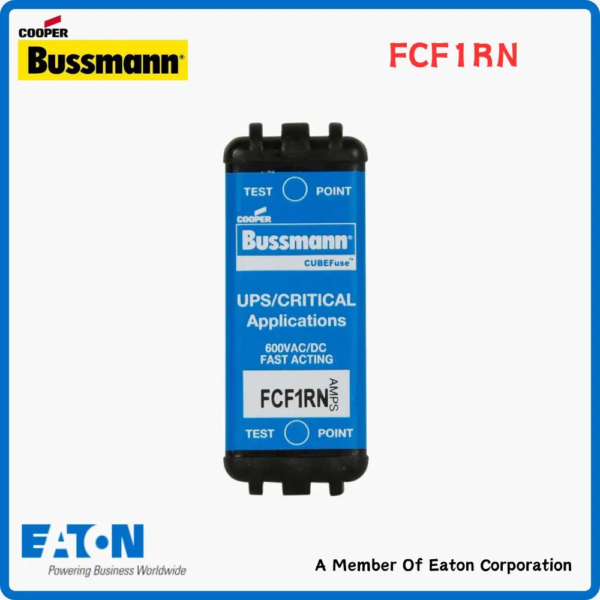
 Bussmann FRS Fuses
Bussmann FRS Fuses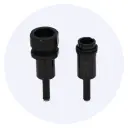 Bussmann HEB-AA Fuse
Bussmann HEB-AA Fuse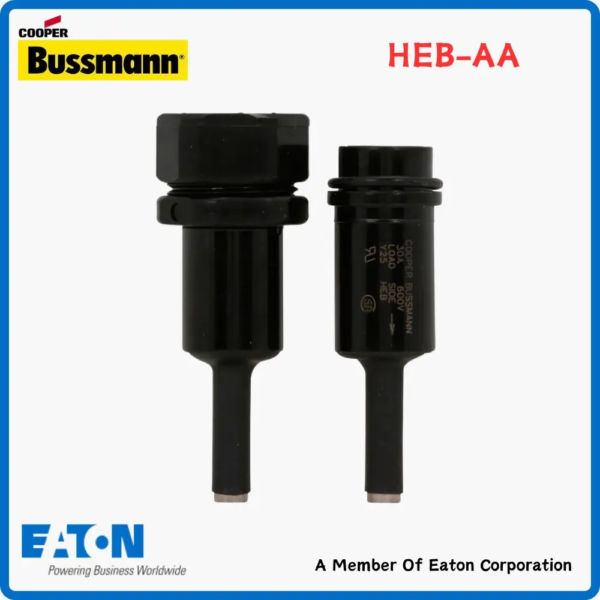
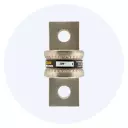 Bussmann JJN Fuses
Bussmann JJN Fuses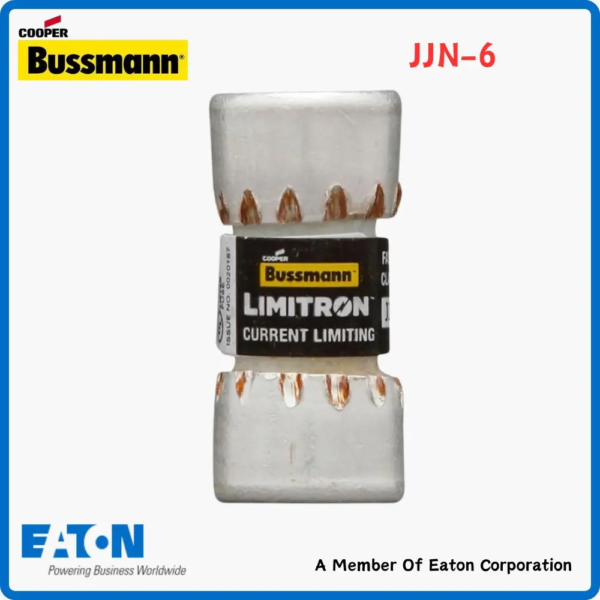
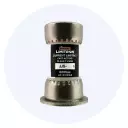 Bussmann JJS Fuses
Bussmann JJS Fuses Bussmann JKS Fuses
Bussmann JKS Fuses
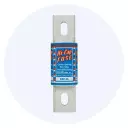 Bussmann KRP Fuses
Bussmann KRP Fuses